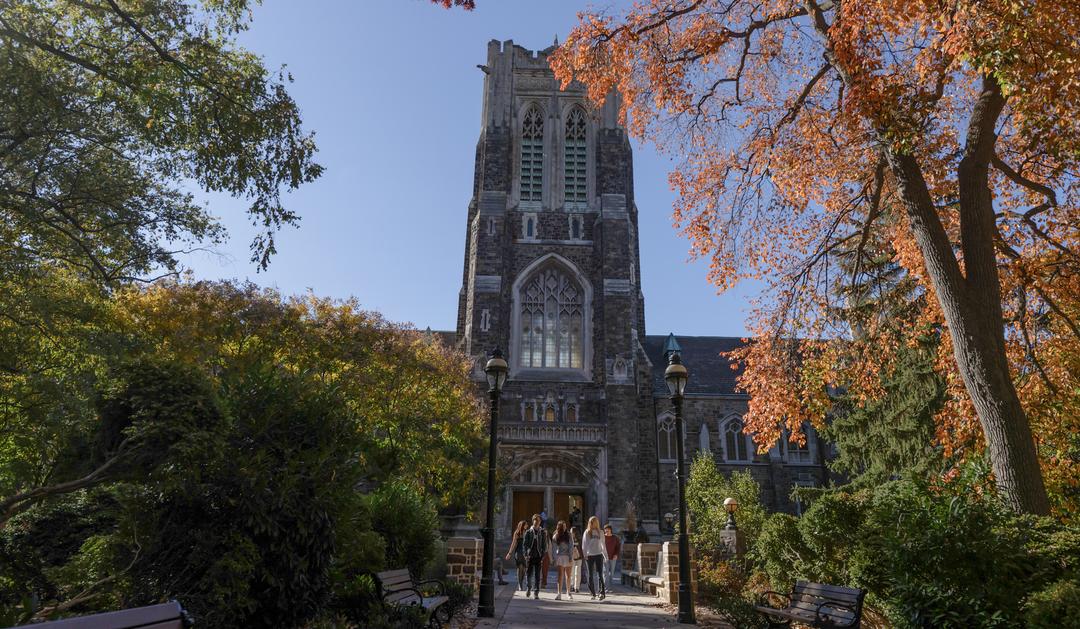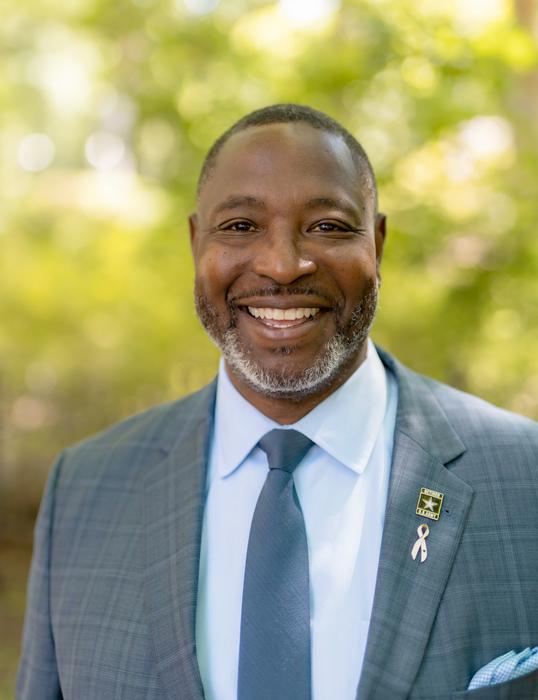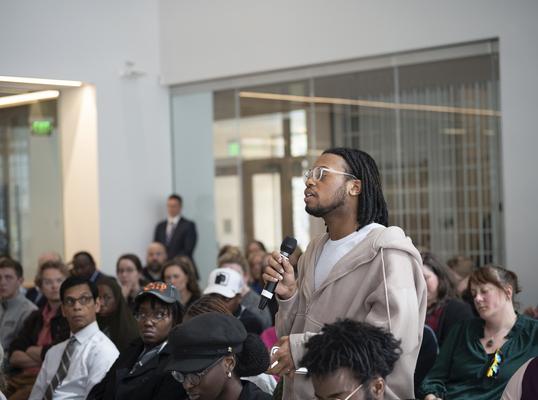What does it mean to be a diversity champion?
For Donald Outing, Lehigh’s vice president for equity and community, it means creating a sense of belonging for students, faculty and staff so they feel free to fully engage, excel academically, thrive socially and contribute in meaningful ways to Lehigh’s shared goals.
“At Lehigh, we define belonging as the feeling that every individual – regardless of background, identity or experience – feels accepted, valued and included in all aspects of campus life,” Outing said. “This work is not just about creating an inviting environment; it is about building a foundation of trust, mutual respect and shared commitment to the success and well-being of each member of our community.”
The process has been an “evolving journey,” Outing said, but a recent national honor reiterated that Lehigh is making strides in its commitment.
For the sixth-consecutive year, Lehigh received the Higher Education Excellence in Diversity (HEED) Award, given by Insight Into Diversity magazine to colleges and universities that demonstrate an outstanding commitment to diversity and inclusion.
For the first time, Lehigh was also named a Diversity Champion, an honor given to a select few institutions across the country that set the standard for campus communities striving for diversity and inclusion, according to Insight Into Diversity. Lehigh is one of 18 Diversity Champions this year.








